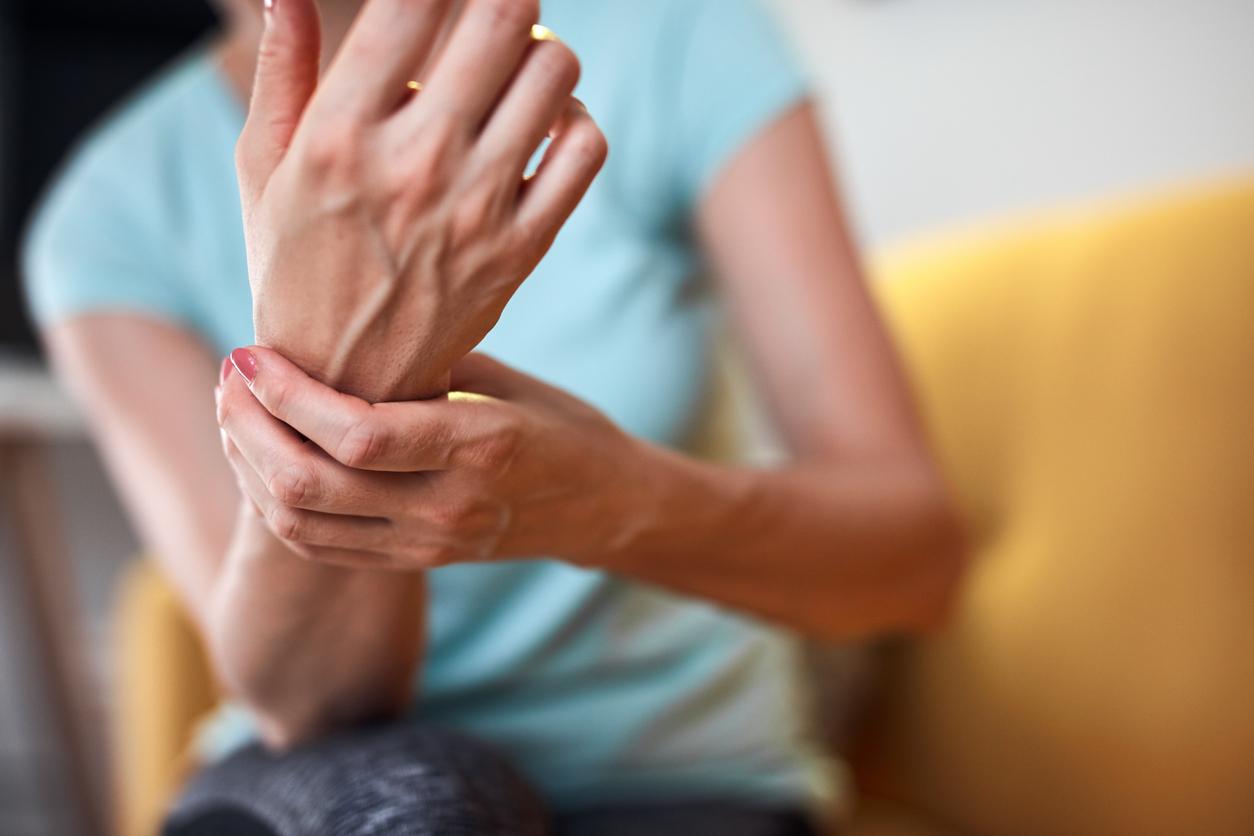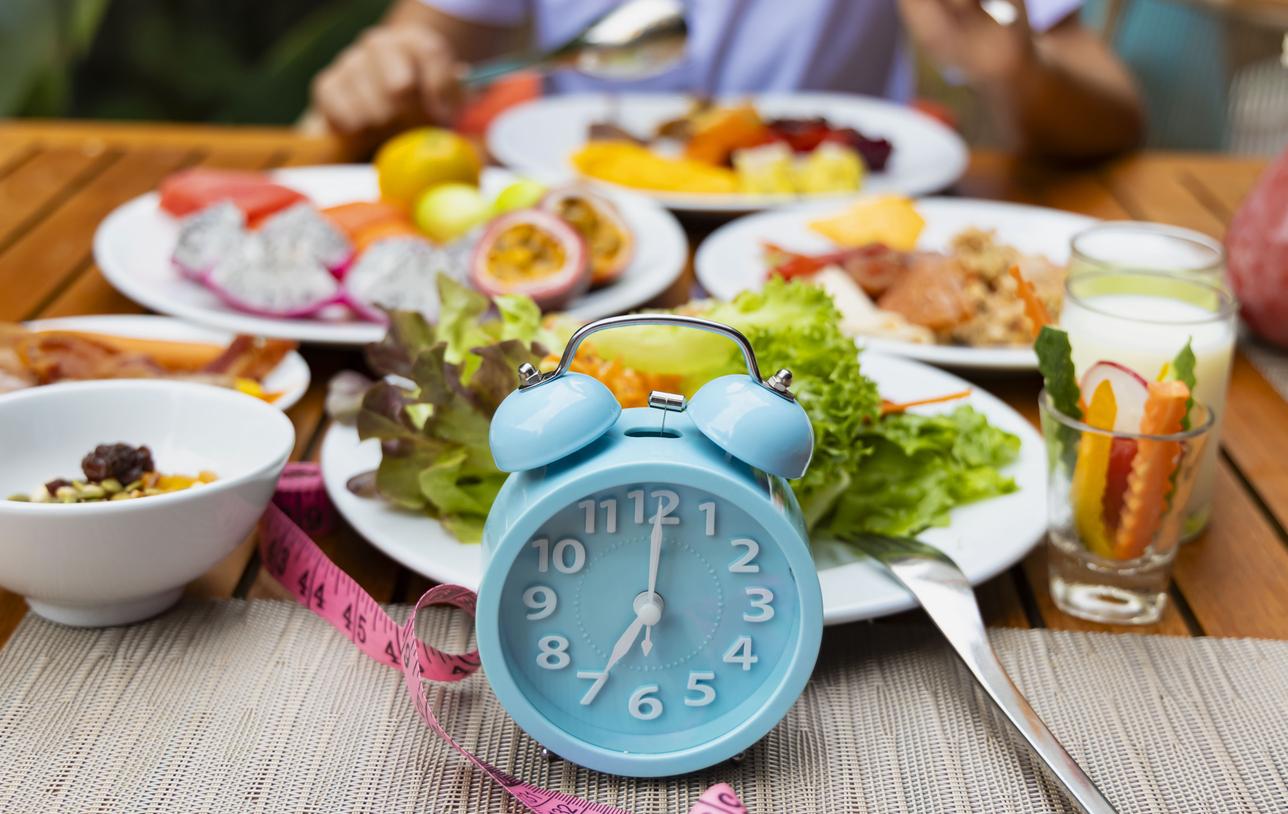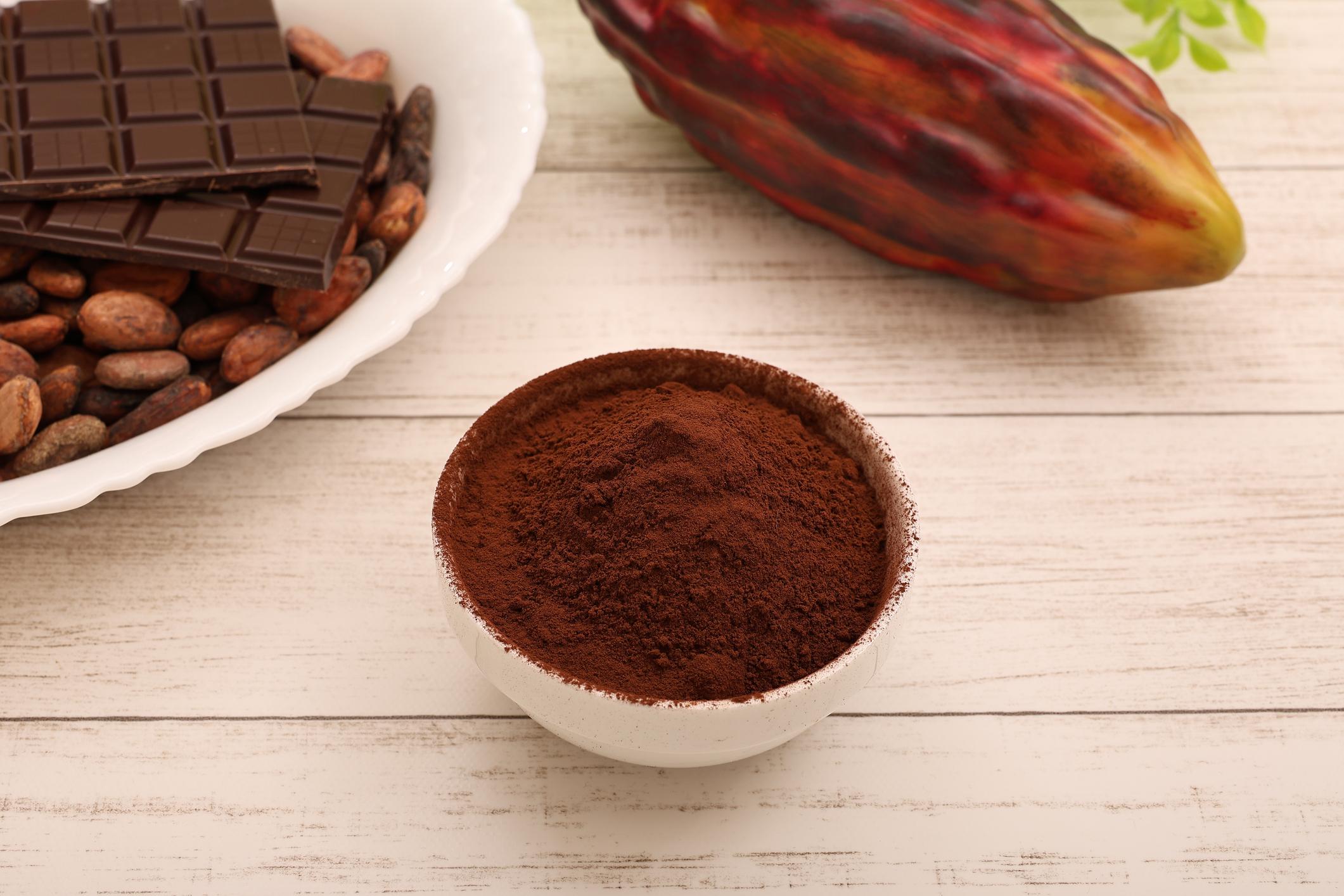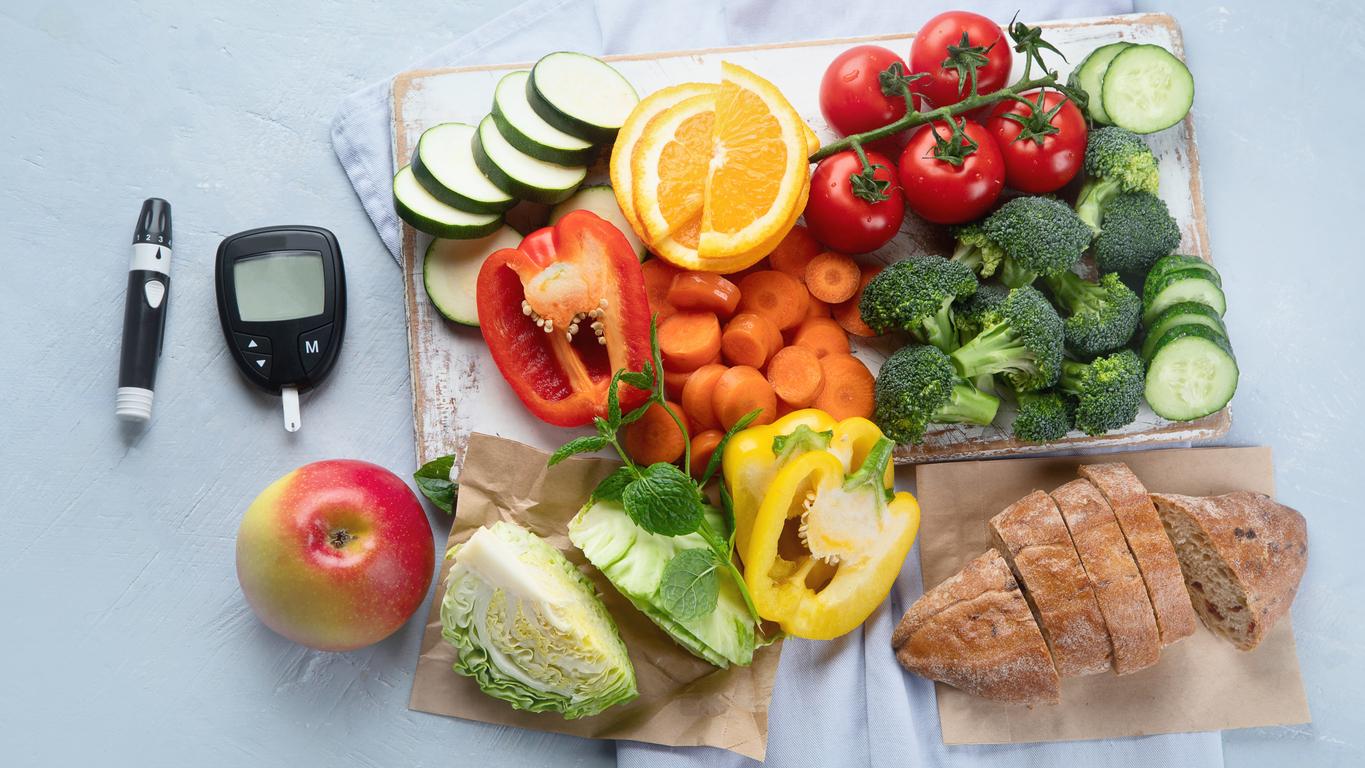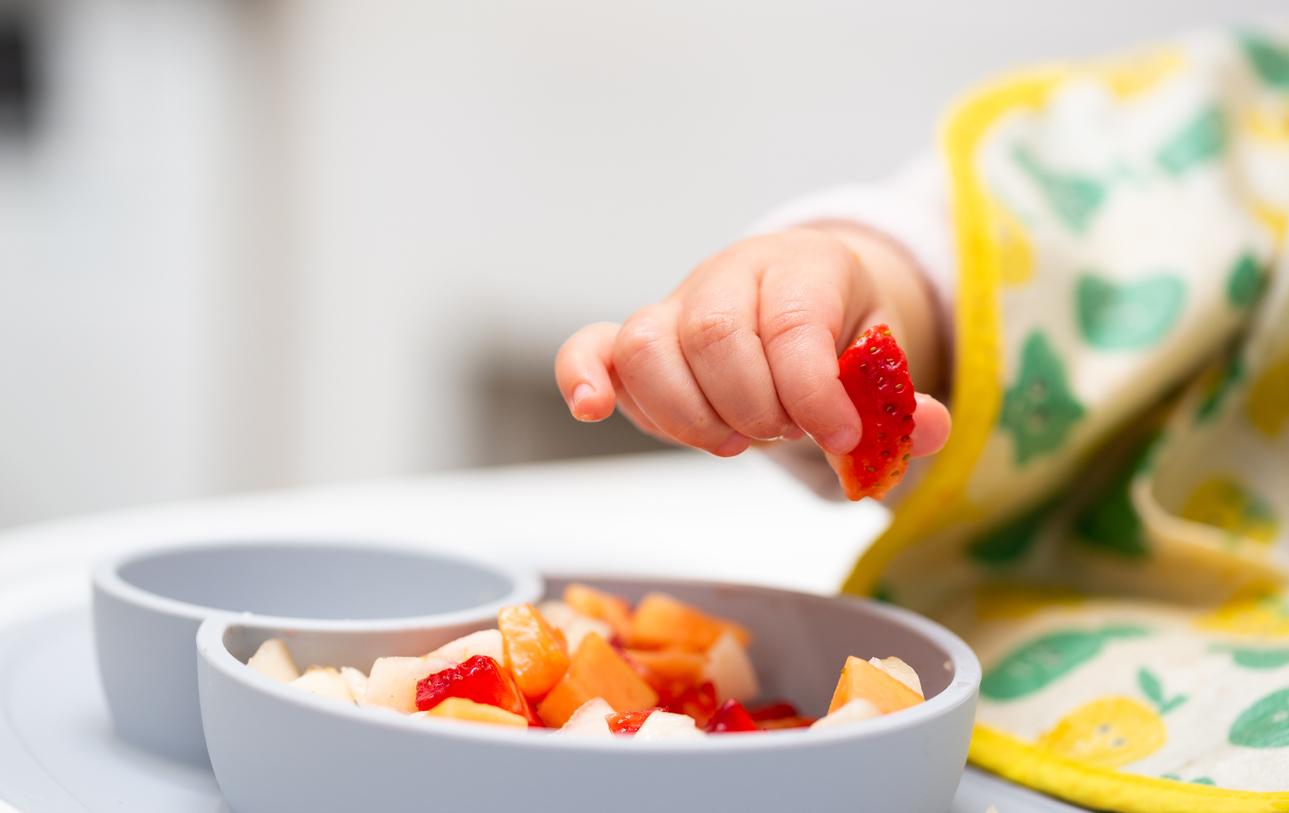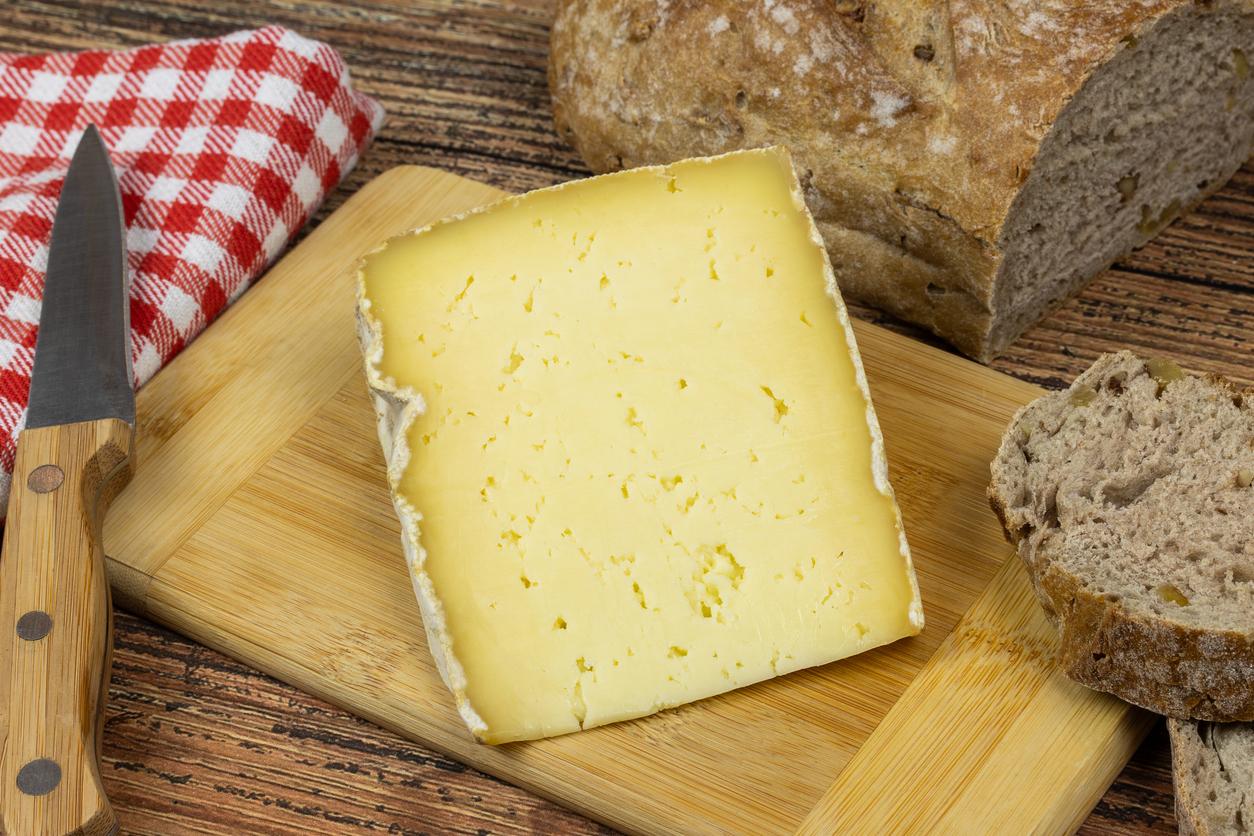
September 15, 2008 – Although the World Health Organization (WHO) alleges that irradiation1 of food is safe for health, the majority of consumers are cold with the idea that this technology is used on a large scale.
This is the trend that emerges from the responses of PasseportSanté.net readers to an unscientific survey. To the question Would you eat irradiated foods, more than eight in ten (80%) said no.
“Stop unnatural products that are potentially dangerous to health.” How far back do we have to extend irradiation to food products? Public health or profits from sales? », Can we read among the comments sent.
Why such mistrust?
We submitted the results of our question to five personalities who gave us their opinion on food irradiation.
 According to Laure Waridel, irradiation goes against the trend of consumers to opt more for fresh and locally sourced products.
According to Laure Waridel, irradiation goes against the trend of consumers to opt more for fresh and locally sourced products.
According to her, the safety of this technology remains to be demonstrated: “Very little is known about the long-term effects of irradiated food on humans, particularly on the most at-risk groups such as children and women. pregnant and the elderly, ”says the co-founder and former president of Équiterre.
Laure Waridel is concerned about the risks that irradiation poses to health, but also to the environment. “Irradiation leads to the production of radioactive waste and their management represents a major challenge for the environment as well as for human health”, she raises.
 “Radioactive waste management is a problem, agrees Dr Richard Béliveau, holder of the Chair in cancer prevention and treatment. But the quantity produced by irradiators is infinitely smaller than that produced by nuclear power plants ”.
“Radioactive waste management is a problem, agrees Dr Richard Béliveau, holder of the Chair in cancer prevention and treatment. But the quantity produced by irradiators is infinitely smaller than that produced by nuclear power plants ”.
According to him, food irradiation is an “excellent technology” which, in addition to preserving the properties of food and eliminating pathogenic bacteria, also has environmental benefits.
“Irradiation also eliminates insects which, otherwise, could create ecological niches and thus threaten our agro-food balance”, he adds.
But he nevertheless believes that it is necessary to “stop creating false fears” with listeriosis. “While listeriosis claimed ten victims, no less than 15,000 people in Canada died of cancer”, relativizes Richard Béliveau.
Changing the agri-food chain
 Well known for his columns and the cooking shows he hosts, Daniel Pinard is not overly concerned about the possibility that he is consuming irradiated foods. “In the light of the studies that I have consulted, I do not see how irradiation poses a particular danger,” he maintains.
Well known for his columns and the cooking shows he hosts, Daniel Pinard is not overly concerned about the possibility that he is consuming irradiated foods. “In the light of the studies that I have consulted, I do not see how irradiation poses a particular danger,” he maintains.
In addition, he believes that irradiation would not be without utility. “It slows down the germination of potatoes which would otherwise perish too quickly. And for the shrimps that come to us from Asia, I prefer to be irradiated than to murder people! », Adds Daniel Pinard.
But irradiation or not, the sociologist by training calls above all for a profound modification of the treatment of products throughout the agro-food chain.
“If I irradiate a bunch of crap, it will remain crap !,” he says. Irradiation should not be used as an excuse for those who have ridiculous practices in slaughterhouses, in the distribution network or in large chains. “
 This is also what Renée Frappier, president of the Association Manger Santé Bio, believes. “To stop pathogenic microorganisms, we need to improve hygiene and safety throughout the chain and stop trying to endlessly extend the shelf life of products on the shelves,” she says. Rather, we need to hire more inspectors and make the agri-food industry more accountable ”.
This is also what Renée Frappier, president of the Association Manger Santé Bio, believes. “To stop pathogenic microorganisms, we need to improve hygiene and safety throughout the chain and stop trying to endlessly extend the shelf life of products on the shelves,” she says. Rather, we need to hire more inspectors and make the agri-food industry more accountable ”.
According to her, consumers have lost confidence in national bodies, including Health Canada, and international bodies, such as the WHO and the Food and Agriculture Organization of the United Nations (FAO).
“Whether it is the mad cow crisis, poisoning with bacteria E. coli or even the recall of supposedly safe drugs, we realize that these organizations also have flaws, ”says Renée Frappier.
Hygiene measures to be improved
 Nutritionist Hélène Laurendeau fears, for her part, that irradiation leads to a certain lack of responsibility, both within the industry and among consumers.
Nutritionist Hélène Laurendeau fears, for her part, that irradiation leads to a certain lack of responsibility, both within the industry and among consumers.
“Irradiation will not solve all the problems: even if you irradiate a chicken, its handling carries the risk of cross-contamination with cutting boards, counters and kitchen tools,” she emphasizes.
Also, Hélène Laurendeau believes that it is preferable to focus on educating consumers about hygiene and cooking. “Even if irradiation eliminates salmonella from chicken, good cooking will do it too: consumers must learn to handle their food correctly,” adds the nutritionist.
Nevertheless, she refuses to condemn irradiation. “We should not put on blinders or fear the advancement of science: the microwave oven is a good example in this regard,” she concludes.
Martin LaSalle – PasseportSanté.net
1. To learn more about food irradiation, see our short story Food poisoning: irradiation, the solution?









